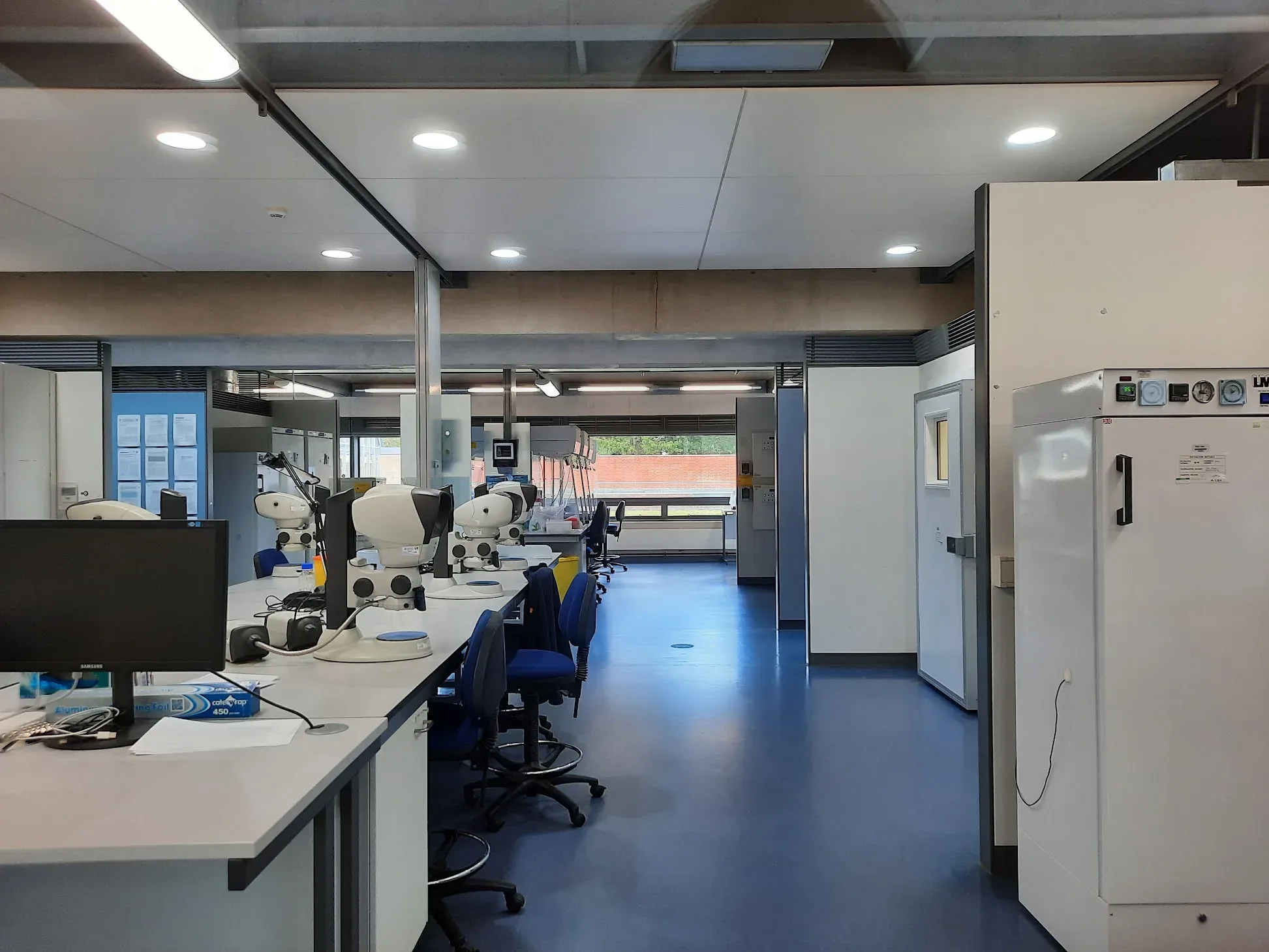Quantinuum, a quantum computing pioneer, has launched InQuanto, a stand-alone platform established for computational chemists to experiment with quantum algorithms. The platform will be open to commercial organizations to support their collaborations across various industries. InQuanto is a state-of-the-art quantum computational chemistry software platform using quantum computers. It is a combination of several quantum computing tools. Quantinuum’s quantum chemistry team developed InQuanto to foster collaborations with their partners, including BMW, JSR, Nippon Steel Corporation, and TotalEnergies.With InQuanto, those interested in quantum computing can now experiment with various quantum algorithms, advanced subroutines, and chemistry-specific noise mitigation techniques on modern quantum computers.
InQuanto uses Quantinuum’s open-source Python toolkit TKET to improve the performance of quantum devices at electronic structure simulations. The platform enables users to create prototypes of real-life problems using quantum computers. Companies collaborating with Quantinuum have tested the effectiveness of InQuanto in their various fields at improving the accuracy of complex molecular and materials simulations. BMW has used the InQuanto platform to simulate electrode reactions in hydrogen fuel cells. They aim to achieve high accuracy in new models. The focus of the simulation was on modelling the oxygen reduction reaction. Nippon Steel Corporation used the InQuanto platform to simulate materials such as iron crystals for steel development. TotalEnergies used it to model organic metal frameworks for carbon capture. InQuanto has brought value to Quantinuum’s partners in their various fields.
Quantinuum is expanding its global industrial reach to Japan and the Asia Pacific. They’re collaborating with Mitsui & Co., a group of companies in chemicals, food, textile, logistics, finance, and more. The platform allows computational chemists to simplify industrially relevant systems into forms that can run on the present quantum computers. It is easy to use and doesn’t require deep knowledge of quantum computers.

